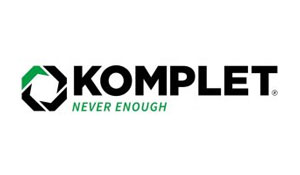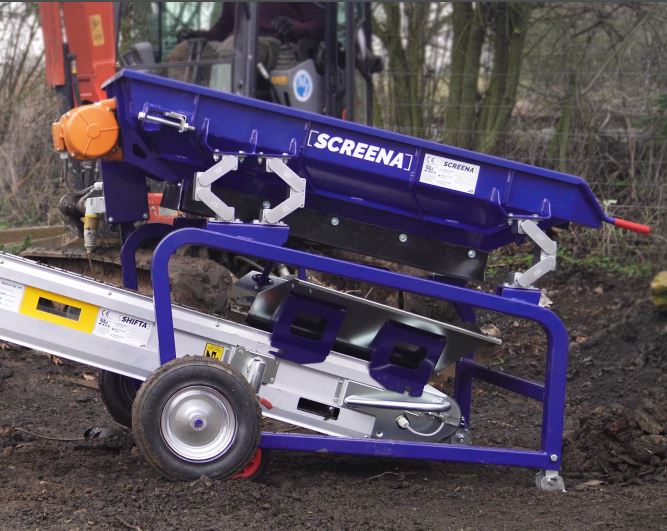Screening equipment is the machinery that is used to separate one material from another during mechanical screening procedures. Screening equipment is used in the second portion of the material handling process to filter raw material from a crusher or quarry into finer grades, bringing it closer to an end product.
Screening equipment might be self-contained, depending on the use. When screening equipment is combined with a crusher, a full-circuit system is created. These systems function in tandem to ensure a smooth material handling operation. Even though screens can be used without crushers, a full circuit system is the most efficient way to mine and separate resources in order to generate something that can be sold.













